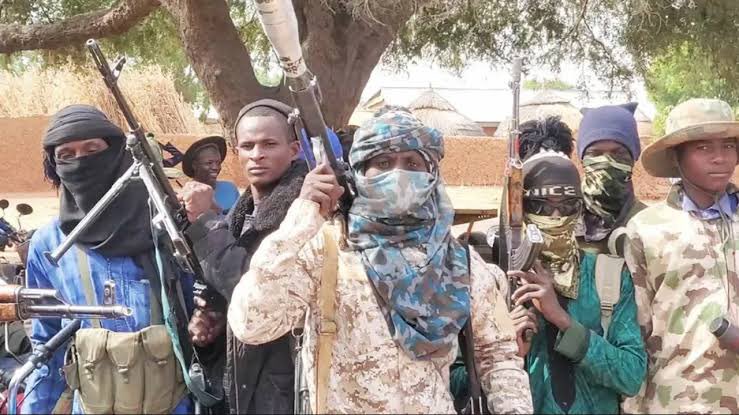Efforts to negotiate a ceasefire with one of Nigeria’s most prominent bandit leaders have sparked both hope and controversy in the violence-plagued North-West region. Bello Turji, a figure linked to widespread attacks in Zamfara State and neighboring areas, reportedly confirmed through intermediaries that dialogue is ongoing to halt years of deadly clashes between herding and farming communities. The claims, shared Thursday by security analyst Zagazola Makama on social media platform X, suggest the talks aim to create conditions for Fulani herders and Hausa farmers to resume their livelihoods without fear of violence or persecution.
Turji, speaking in Hausa, emphasized a desire for stability: “What we want is peace, peace that will enable Fulani herders and Hausa farmers to live without fear or oppression.” His remarks mark a rare public acknowledgment from a leader whose group has been implicated in kidnappings, killings, and mass displacement across Nigeria’s arid northwest, where competition over land and resources has fueled cycles of retaliation.
The reported negotiations, however, faced sharp rebuke from Islamic cleric Sheikh Murtala Bello Asada, who publicly dismissed the existence of such talks. Turji responded aggressively, challenging the cleric in a message quoted by Makama: “You sit in the hall [mosque] surrounded by people and on social media saying there are no talks. If you are brave, come and lead the security forces to arrest me yourself since that is what you always preach.”
The exchange underscores the volatile dynamics shaping efforts to curb insecurity in a region where bandit militias, often operating from forest hideouts, have outpaced government security operations. While Turji’s faction appears open to dialogue—a shift analysts attribute to mounting military pressure and internal disputes among armed groups—skepticism persists due to past failed peace deals and ongoing attacks.
Zamfara and surrounding states have endured decades of low-intensity conflict, with clashes between pastoralists and farmers exacerbated by illegal mining, arms proliferation, and weak governance. Successful negotiations could offer respite to thousands displaced by violence, though experts caution that fragmented bandit networks and mistrust among communities complicate sustained resolutions. Authorities have yet to publicly confirm the discussions, leaving residents cautiously hopeful but wary of promises made by groups with a history of reneging on agreements.
